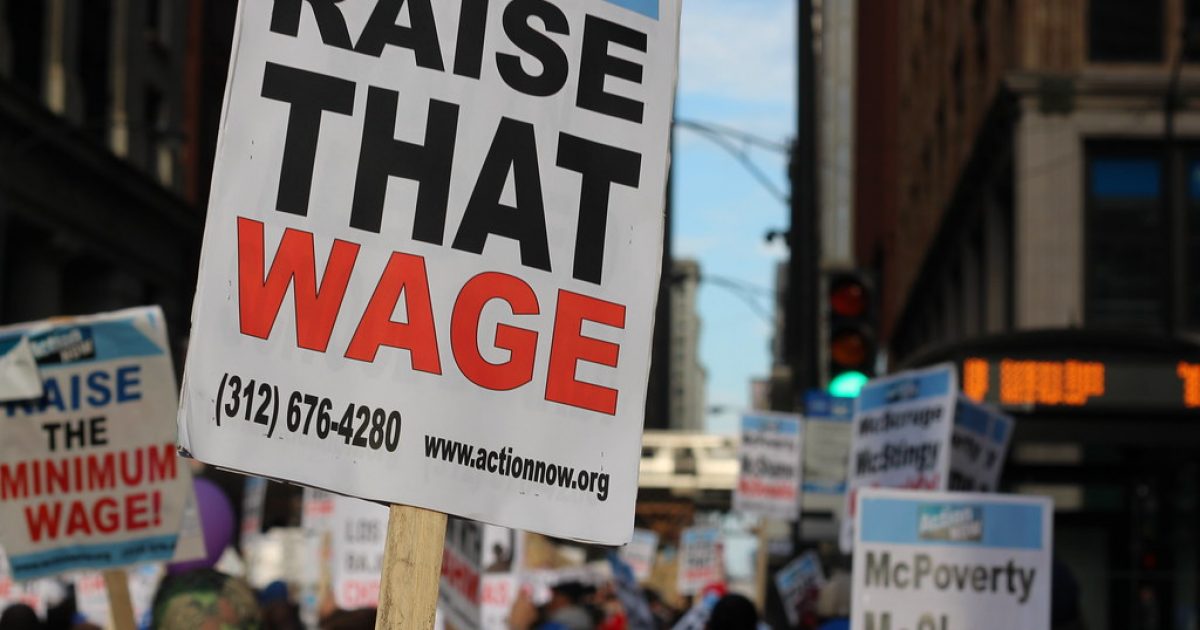
House Democrats’ $15 per hour minimum wage plan is receiving pushback from centrist members of the Democratic Party.
Many of the centrist faction believe that increasing the federal minimum wage to $15 per hour will have a negative impact on low cost areas.
Democratic leaders assert that they are close to getting the 218 votes needed to pass the bill out of the House.
The bill is expected to be brought to the House floor sometime in July.
206 Democratic representatives in the House have co-sponsored the bill. The bulk of the holdouts are moderates within the Democratic Party who raised concerns about the unintended consequences of a new minimum wage hike. They worry that an artificial wage boost in the short-term could have negative effects in more rural settings.
Congressman Dean Phillips, a Minnesota Congressman who flipped a Republican held seat in 2018, expressed his concern:
“I am concerned about the fact that $15 is an arbitrary number that means a lot more in certain parts of the country than it does another.”
Leery about this bill, Phillips added that “I believe there are better mechanisms by which we can ensure that by providing incentives to enterprises who take better care of people.”
The legislation in question would increase the minimum wage from $7.25 to $15 within five years and calibrate future increases in accordance to median wage growth.
Many Democrats contend that raising the minimum wage is crucial to helping workers and lifting people out of poverty.
However, the business community, especially small business owners, have been skeptical about minimum wage increases.
Shannon Meade, vice president of public policy at the National Restaurant Association, criticized these proposals:
“Raising it too soon or too high will hurt small businesses, force a reduction in hours available to work and potentially put restaurants out of business.”
Meade might be on to something.
Liberty Conservative New reported last month that California’s new minimum wage policies are creating a stagnant growth environment in its restaurant sector. This sector is often were many young or unskilled workers get their feet wet in the labor market.
If a minimum wage mandate is high enough, it will generally result in the following:
- Reduced employment
- Cuts in worker hours
- An increased adoption of automation.
All in all, minimum wage mandates do not benefit the average worker like my many of its proponents would like people to believe.
Instead, we should be focusing on de-regulating business and making it easier to start and grow business. A dynamic business climate is needed, and government involvement is the biggest impediment towards this.



